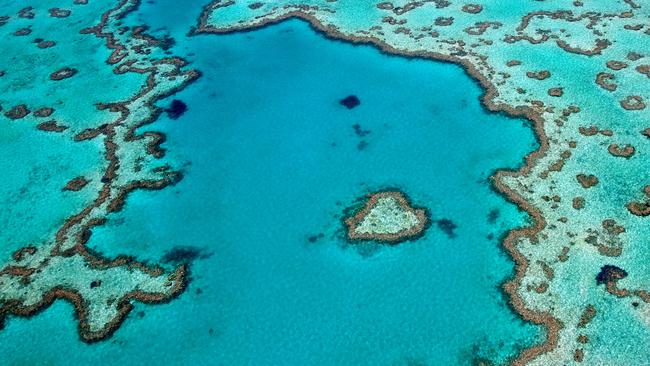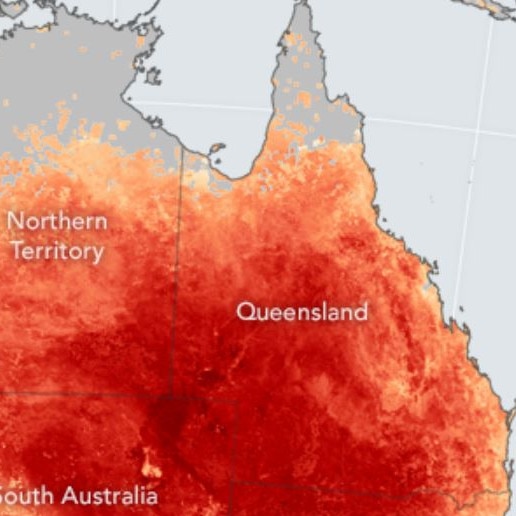Intergovernmental Panel on Climate Change reports reveals Great Barrier Reef could be destroyed
The fate of the Great Barrier Reef and wider Queensland has been revealed in the latest report by the Intergovernment Panel on Climate Change.
QLD Politics
Don't miss out on the headlines from QLD Politics. Followed categories will be added to My News.
The Great Barrier Reef could be destroyed and Queensland could endure extreme weather conditions if the planet warms more than 3C, a new report has revealed.
A United Nations report by the Intergovernment Panel on Climate Change warned that time may be running out for the world to only warm by 1.5C, saying it was already at 1.1C.
The report details what changes a rising temperatures would bring to Australia.
If they increase by 4C globally, Australia’s temperatures could possibly surge by 6C, meaning the potential for 50C days.
Director of Griffith University Climate Action Beacon Professor Brendan Mackey said to make sure the dire effects of global warming won’t happen we need to transition away from fossil fuels and accelerate to clean energy.
“Each government has made a pledge of policies and programs to achieve mitigation which is what the current government propose,” Prof Mackey said.
“If you add all the commitments it would limit global warming.

But Prof Mackey said it could still get to around 2.5 and 3C.
“A global warming of three would mean the end of the Great Barrier Reef as we know it,” he said.
“Every increment of warming, that makes it hard for everyone. For Queensland it would mean much heavier impacts for agriculture, huge impacts for Great Barrier Reef.
“If you have a temperature of 40C, it’s life threatening and the doctor would send you to hospital, when we talk about levels of warming a healthy temperature would be 0 above pre-industrial levels.”
Prof Mackey said the Reef couldn’t handle the amount of choral bleaching that would occur.
Prof Mackey said things were heating up fast.
“That means we are going to see a big increase in climate impact, an increase of severity of extreme weather events,” he said.

“For Queensland this is interesting, as it is highly exposed to extreme weather events.”
“It would mean more heavy flooding, we will have more of everything that’s bad when it comes to weather.
“Every increment of warming, that makes it hard for everyone.”
But Prof Mackey said the report also revealed there was still opportunity to cap the amount of climate change and limit it at 1.5C.
“It’s really Queensland’s interest to prevent further climate change, while Queensland has a lot of fossil fuels, it also has the minerals that it needed for clean energy, there’s a huge opportunity to become a clean energy powerhouse,” he said.
“What the report is saying for Queensland is that climate change is going to get worse than its better. That’s going to be more climate risk for Queensland.”





